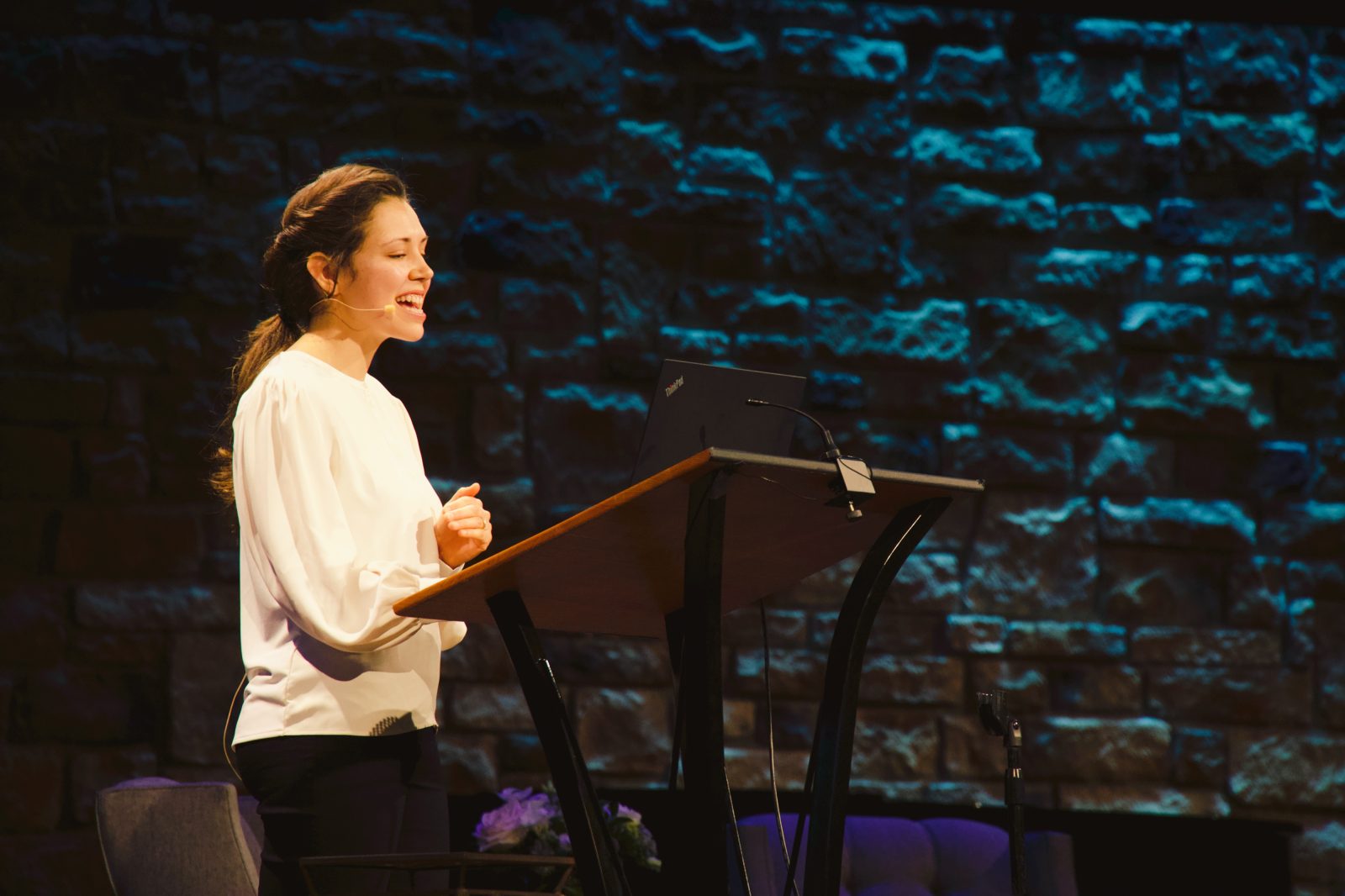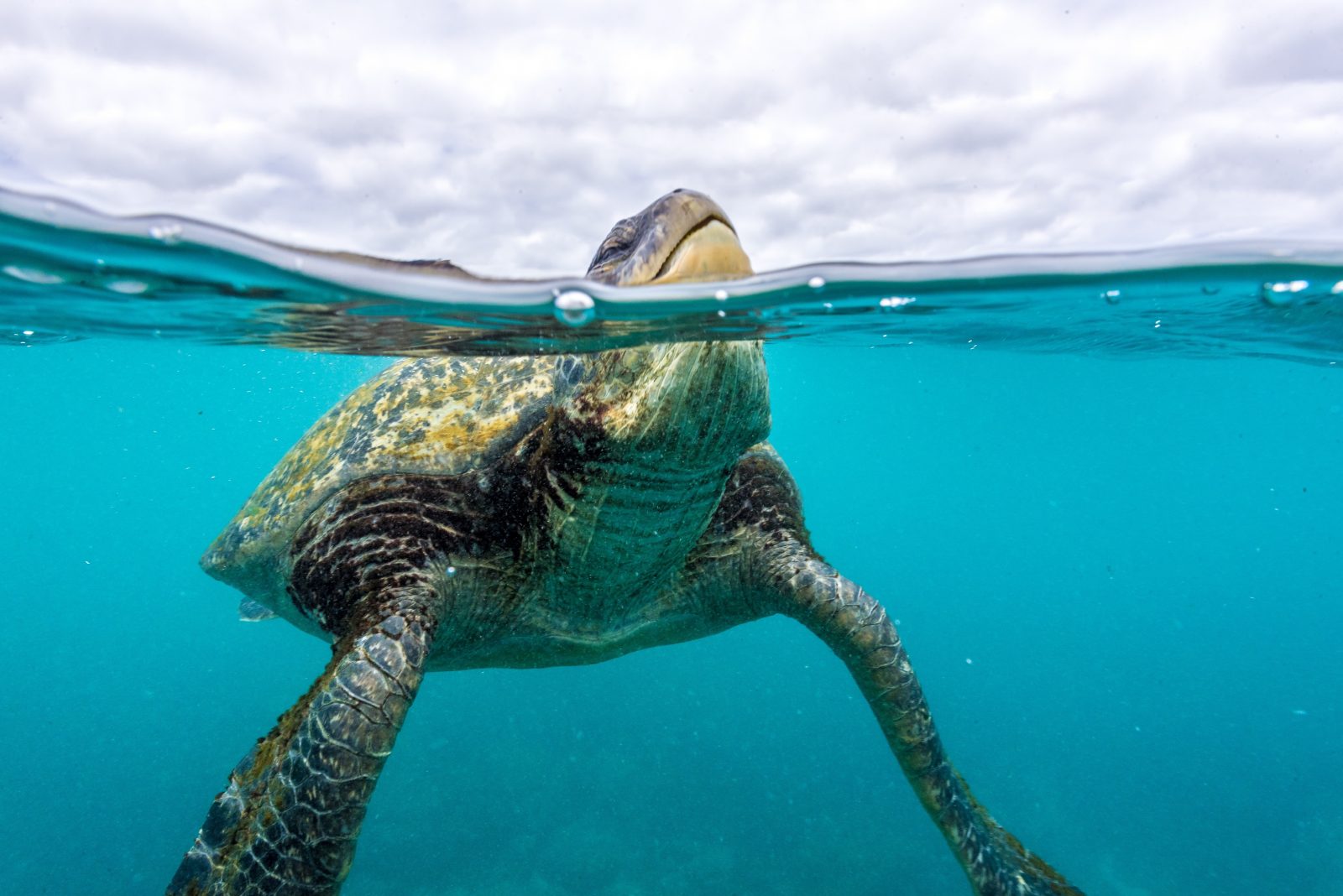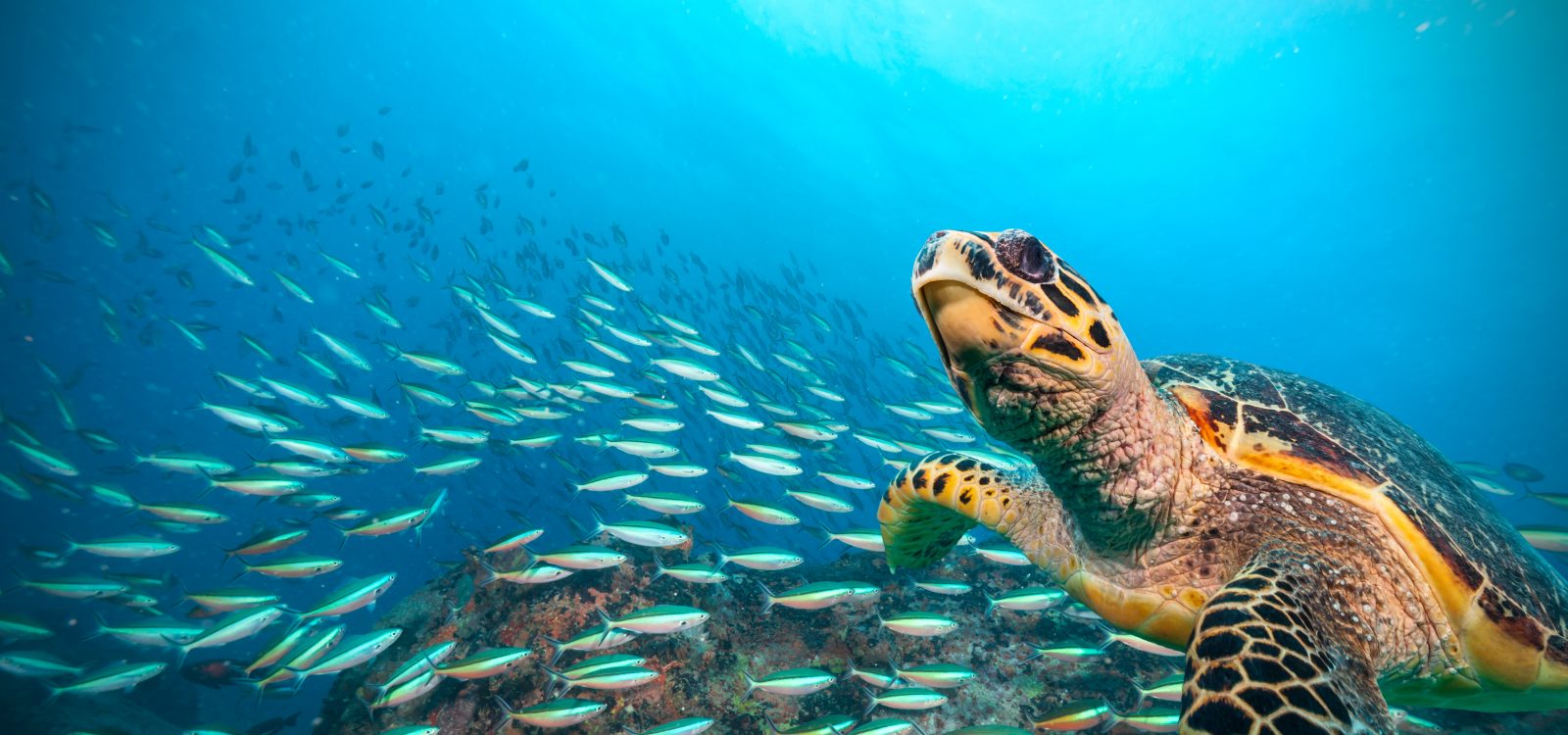
Emily Reeves: The Systems Biology Revolution
On today’s ID the Future, biochemist and metabolic nutritionist Emily Reeves tells the story of the systems biology revolution, why it is intelligent-design friendly, and why it is overturning Darwinian reductionism. This presentation was taped at the 2022 Westminster Conference on Science and Faith in the greater Philadelphia area, which was jointly sponsored by Discovery Institute’s Center for Science and Culture and Westminster Theological Seminary.

